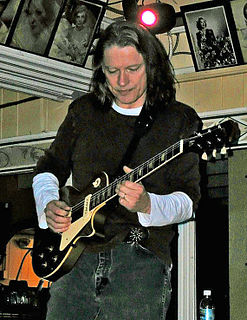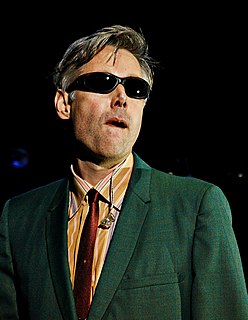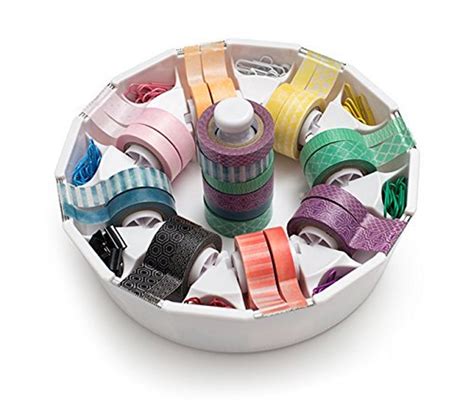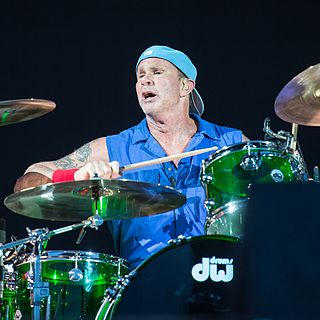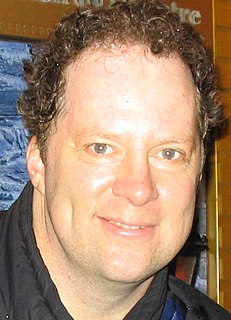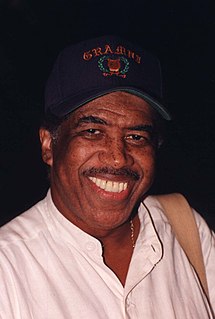A Quote by Robben Ford
...I think of improvising as composing - fo me it's all about playing melodies. When I improvise, there's not a lot of real thinking going on, per se - it's more like riding a wave. and I know how to stand on the board
Related Quotes
I could always hold a melody, but I was never like, I'm going to be a singer. So I'm able to use that when I write. I'm actually playing the beat with my voice. Instead of thinking about coming up with melodies, it's like filling in the instruments. So sometimes it's better to have beats with less melodies in them, because then I can play more with my vocals.
I think there are basically two kinds of musicians: some are extroverted and some are introverted. I think extroverted musicians are more in the entertainer kind of camp, which is just as valid, but you're going to be more apt to make music that is of the moment - whereas if you're coming from a more introverted place, the music is going to end up being more about the past or more personal. It's not going to be about the people in the room, per se.
The Chili Peppers do a lot of improvising, but it's within the framework of song structures. The Meatbats is from a purely instrumental standpoint. But when you hear the term 'instrumental music' you think it's real serious stuff and everybody's playing a million notes and it's about playing fast. That's not what we do.
We proclaim human intelligence to be morally valuable per se because we are human. If we were birds, we would proclaim the ability to fly as morally valuable per se. If we were fish, we would proclaim the ability to live underwater as morally valuable per se. But apart from our obviously self-interested proclamations, there is nothing morally valuable per se about human intelligence.
I think that the song, the song "Stand By Me" is one of those songs that... and someone asked me, what was you thinking about or what was you feeling about? It's something that, songwriters just write songs. It's like an artist that paints. They paint what they feel. It's not, it's not about how many of these painting I'll sell it's just how they feel at the moment. And that's how I wrote "Stand By Me".
There hadn't really been a climate movement, per se. I think everyone spent twenty years thinking that if we just keep pointing out that the world is on the edge of the greatest crisis by far it's ever come to, then our leaders will do something about it. And it turned out that was wrong. They weren't going to do anything about it.
A lot of my words come to me when I'm out and about as well, riding the bus or sat in the pub. I went through a stage of going to a strip bar called the White Horse at lunch times and did a lot of writing in there. They were fine with that but I don't know how they would feel about me setting up the easel.
Real artists find answers. The knowledge of the artisan is within the confines of his skills. For example, I know a lot about lenses, about the editing room. I know what the different buttons on the camera are for. I know more or less how to use a microphone. I know all that, but that's not real knowledge. Real knowledge is knowing how to live, why we live, things like that.
